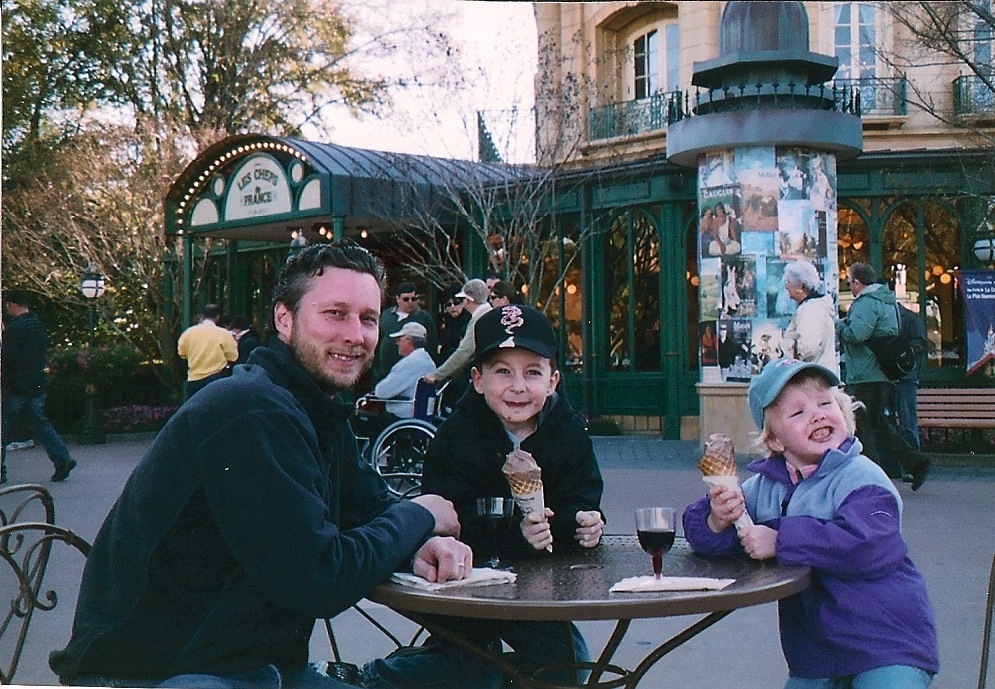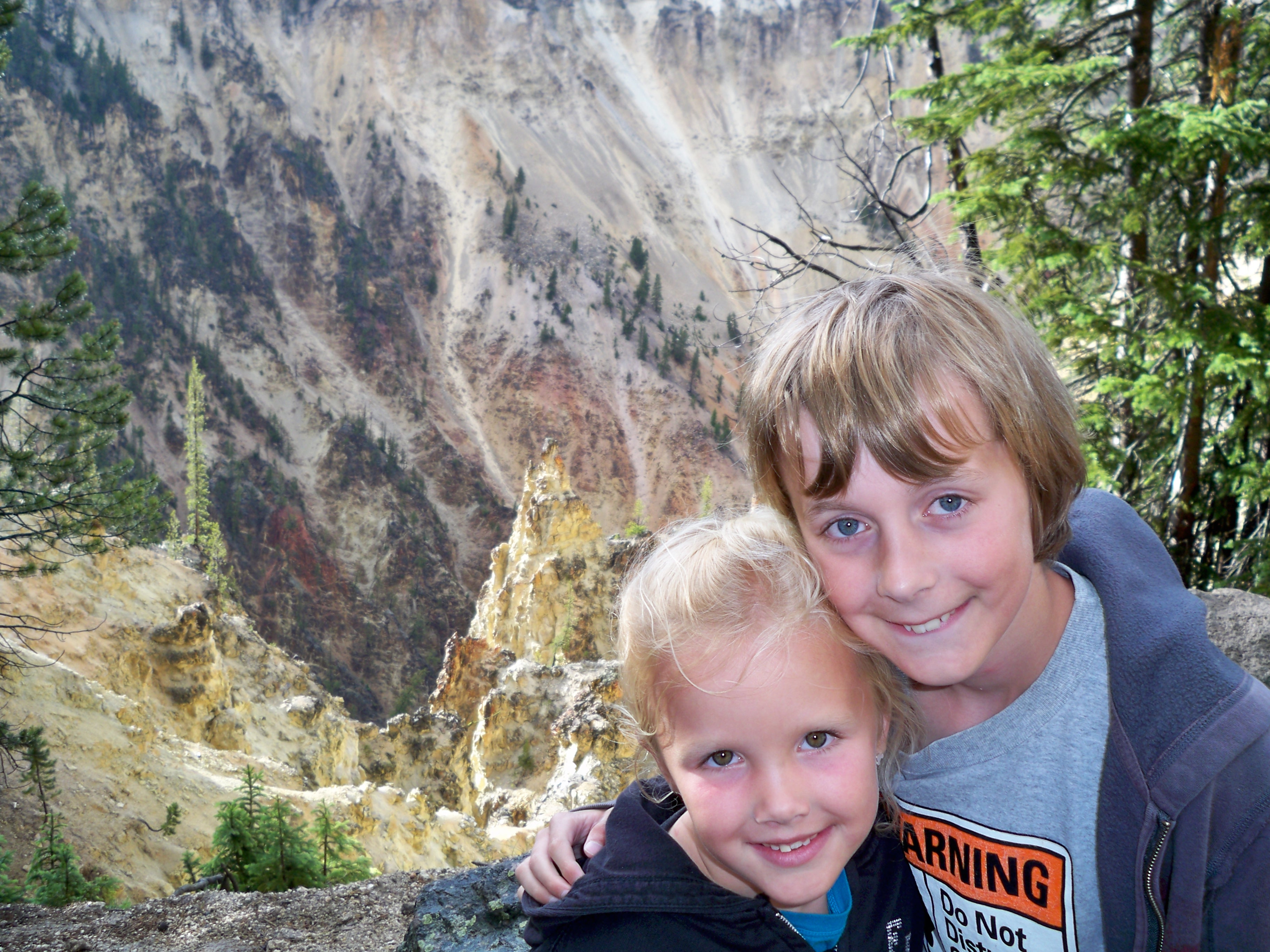I kicked off my slippers and melted onto the queen-size bed in a pool of new-mother exhaustion. It was mid-afternoon, and I had just laid down my six-week-old after nursing him for the fourth time since dawn.
Or was it the fifth time?
The only thing I tracked accurately without pencil and paper in those early weeks was the number of hours until my husband would return from work. I longed desperately for some time to myself, adult conversation and, more than anything, undisturbed sleep.
I’ll just lie down for a few minutes while he naps.
I had never been very good at napping, but the more experienced moms I knew told me to try to sleep when the baby slept. The chores can wait, they said.
As I sprawled out guiltily on top of the peach-flowered comforter, I thought of all the things I should be doing: scrubbing dishes, folding laundry, writing thank-you notes.
This is a waste of time. I should get up and accomplish something while he sleeps…
But the whir of the air-conditioning unit in the window was a soothing lullaby, even for a Type A mother with countless chores to cross off her list. I drifted into a deep sleep, bobbing in and out of consciousness with the occasional sighs and rustlings coming from the nearby baby monitor. Upon each brief awakening, my head felt heavier, the room seemed darker.
Is it dusk already? How long have I been asleep?
I looked for the clock on the bedside table, but it wasn’t there. I lay there in my haze, searching the room for a buoy of wakefulness. I needed to get myself together and check on the baby. The pale mocha walls seemed fuzzy as I watched the ceiling fan spin round and round overhead. Suddenly, a large shadow in the doorway appeared in my peripheral vision. My eyes darted in its direction, but it was gone.
What the hell was that? Is someone in the house?
Panicking, I tried to sit up. But something was holding me down, a weight so heavy I struggled for breath. The dark, giant mass covered my entire body, and I was completely immobile. I could see nothing through the blackness that enveloped me, gripping me with terror. I felt the insurmountable pressure of it bearing down on me, pushing me further into the pillow-top mattress. This thing, whatever it was, was trying to suffocate me.
I screamed again and again, but my constricted throat couldn’t expel the sound. I strained to move my limbs, to push the thing off me. My breath grew shallow; my body felt limp.
And then, as abruptly as it had appeared, it was gone; the weight, the darkness, lifted.
I rolled slowly onto my side, panting with fear, my muscles still flaccid and weak. I looked through the doorway and down the hall to my son’s room.
Nothing was there.
As I dragged my sluggish body from the bed, I noticed bright light streaming through the cracks of the blinds. I scanned the bedside table for the missing clock and found it right next to the baby monitor, where it always was. It was 3:02 p.m., just 20 or so minutes after I had put the baby in his crib, and nowhere near dusk.
I crept into my son’s room and found him fast asleep. I shut his door and wandered foggily through the house checking the doors and windows. They remained locked, the house quiet and untouched.
I didn’t sleep well that night. And it wasn’t because of the baby.













